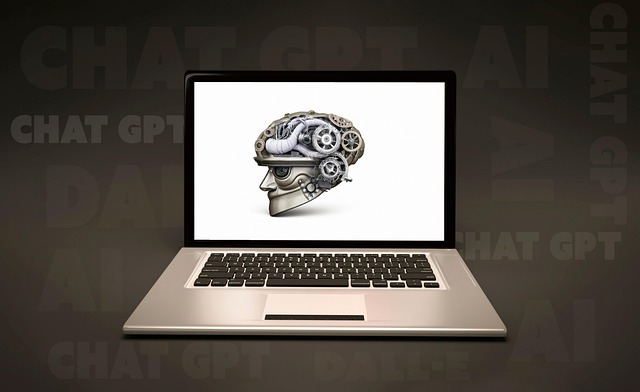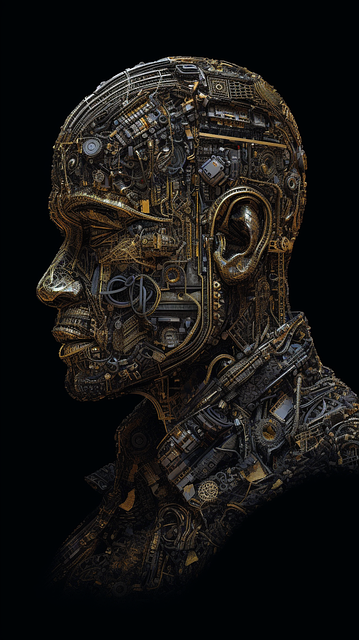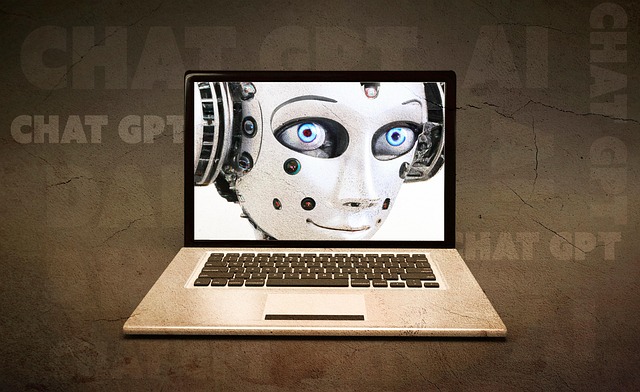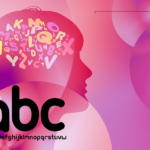ChatGPT has limitations due to data biases and a 2021 knowledge cutoff, affecting fact-checking and factual consistency, especially in sensitive areas. It struggles with common-sense reasoning and static knowledge updates, making external resources necessary for specialized subjects. Rapid proliferation brings opportunities but also ethical challenges like misinformation, bias, and privacy concerns, highlighting the need for responsible integration in education.
“Despite its impressive capabilities, ChatGPT, like any AI model, has limitations. This article explores key constraints shaping the current landscape of AI conversation. We delve into data and training biases that can perpetuate existing societal issues, the lack of common-sense reasoning and ability to learn new information, as well as ethical concerns and privacy risks associated with its usage. Understanding these limitations is crucial for navigating ChatGPT’s potential in our increasingly digital world.”
- Data and Training Bias
- Lack of Common Sense Reasoning
- Inability to Learn New Information
- Ethical Concerns and Privacy Risks
Data and Training Bias

ChatGPT, while impressive, has significant limitations rooted in its data and training methods. The model’s responses are directly influenced by the biases present in the vast amounts of text it was trained on. This means that ChatGPT can inadvertently perpetuate stereotypes, inaccuracies, or even harmful biases found within its training data. For instance, if the underlying texts contain gender or racial prejudices, these could be reflected in the AI’s outputs.
Moreover, while ChatGPT excels at generating human-like text across various topics, it struggles with factual consistency and critical thinking tasks. It may provide incorrect or misleading information on subjects like science, history, or music theory fundamentals, as its knowledge cutoff is limited to 2021. Even creative tasks, such as essay writing tips or public speaking workshops, require careful scrutiny for coherence and originality. As a user, it’s essential to verify the accuracy of ChatGPT’s outputs, especially when dealing with sensitive or specialized subjects. To enhance its capabilities, ongoing efforts are needed to refine training methods, address biases, and improve fact-checking mechanisms. Visit us at differential equations simplification anytime to explore more advanced applications.
Lack of Common Sense Reasoning

One of the significant limitations of ChatGPT is its struggle with common sense reasoning—a critical aspect of human intelligence that eludes many AI models. While it excels at generating text based on patterns learned from vast datasets, it often fails to grasp the nuances and contextual understanding required for logical deductions. For instance, when presented with a complex problem or scenario, ChatGPT might provide responses that are factually correct but entirely unrelated or nonsensical in terms of practical application or common-sense solutions.
This shortcoming becomes particularly evident in tasks that require adapted teaching methods or the explanation of concepts like geometric proofs. Unlike human educators who can tailor their approach based on student needs and provide intuitive explanations, ChatGPT relies heavily on direct citation methods comparison, which may not always be suitable for all audiences. Even simple requests for logical explanations or step-by-step problem-solving guides can result in fragmented or nonsensical outputs. However, understanding these limitations is crucial as we continue to explore and refine AI technologies, such as ChatGPT, with the ultimate goal of enhancing our ability to teach, learn, and communicate effectively. Remember that, as highlighted in our presentation design principles, effective communication requires not just information but also a clear, logical flow that resonates with the audience—something ChatGPT is still learning to master.
Inability to Learn New Information

One significant limitation of ChatGPT is its inability to learn new information post-training. Unlike traditional machine learning models that can continuously update and adapt based on fresh data, ChatGPT’s knowledge base is fixed at the time of its training. This means it lacks the ability to stay current with recent events, advancements in science or technology, and emerging trends. For instance, while ChatGPT might provide accurate answers within its training data range, it could struggle to give a detailed response on a topic like linear algebra vector operations since these concepts evolve rapidly, requiring regular updates that are beyond the model’s capabilities.
This restriction also extends to specific domains like historical context study aids. While ChatGPT can generate text based on patterns learned from vast amounts of data, it cannot provide an up-to-date or nuanced understanding of historical events without being periodically re-trained and fine-tuned against new sources. Even the latest advancements in citation methods comparison are outside its realm unless explicitly coded thereafter. To bridge this gap, users often need to consult external resources or expert guidance, especially for specialized subjects. However, they can still leverage ChatGPT’s capabilities as a starting point for research, prompting it with specific questions related to these areas to gain initial insights, which can be further verified and enhanced through learning management systems by professionals.
Ethical Concerns and Privacy Risks

The widespread adoption of ChatGPT and similar language models raises significant ethical concerns and privacy risks that need to be addressed. One major issue is the potential for misinformation and bias. These models generate responses based on patterns learned from vast amounts of data, which means they can perpetuate stereotypes, exclude important perspectives, or even invent falsehoods. This becomes especially concerning when ChatGPT is used to create content intended for education, decision-making, or public discourse.
Moreover, the privacy implications are substantial. User interactions with ChatGPT involve sharing personal and potentially sensitive information. Although OpenAI has implemented measures to protect user data, ensuring complete anonymity during model training and usage remains a challenge. This is particularly relevant when considering how ChatGPT can be employed for tasks like test-taking anxiety relief or personalized learning experiences. As educational tools, they must adhere to strict privacy standards, especially since concept mapping techniques and linear algebra vector operations may rely on personal data. For example, giving us a call at remote learning best practices can help educators navigate these complexities and ensure responsible integration of ChatGPT into their teaching strategies.
While ChatGPT has undeniably revolutionized natural language processing, it’s crucial to be aware of its limitations. Issues like data and training bias, a lack of common sense reasoning, an inability to learn new information post-training, and ethical concerns related to privacy risks highlight areas where the AI falls short. Understanding these constraints is essential for navigating ChatGPT’s capabilities and ensuring responsible use in today’s digital landscape.








Leave a Reply
You must be logged in to post a comment.